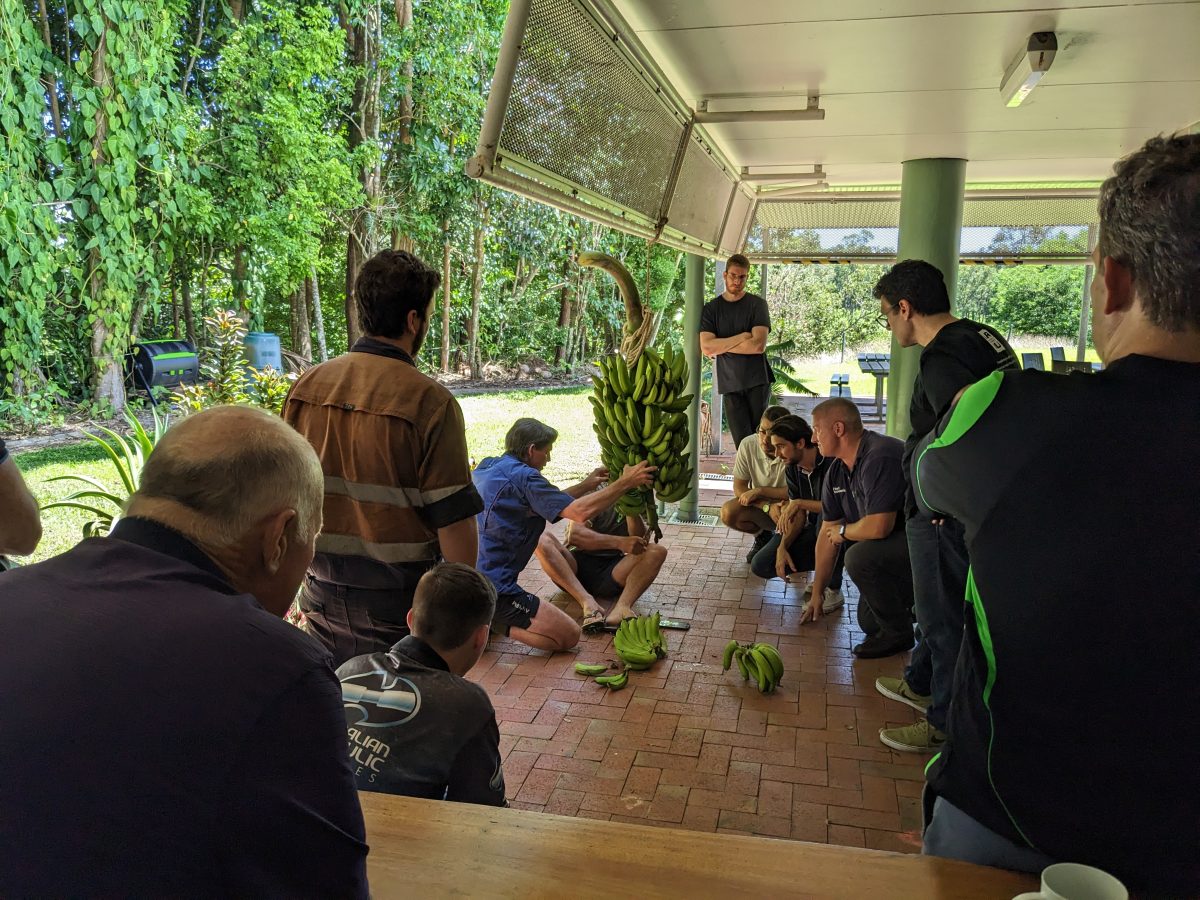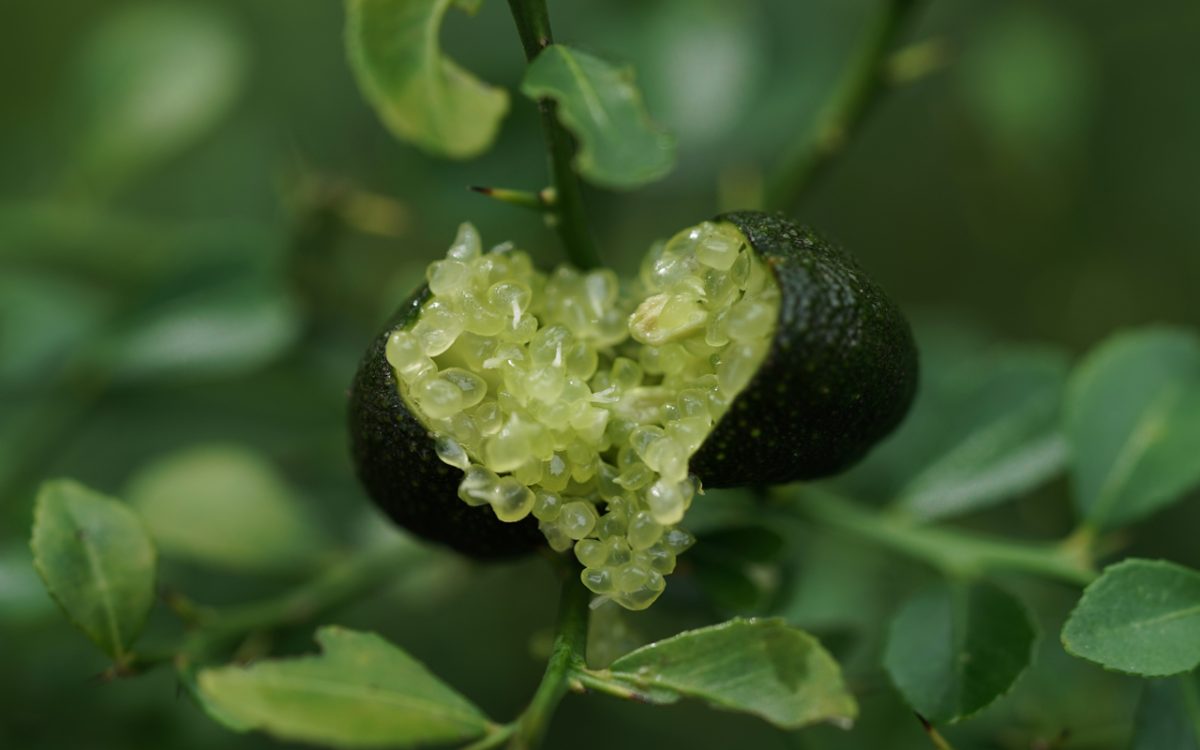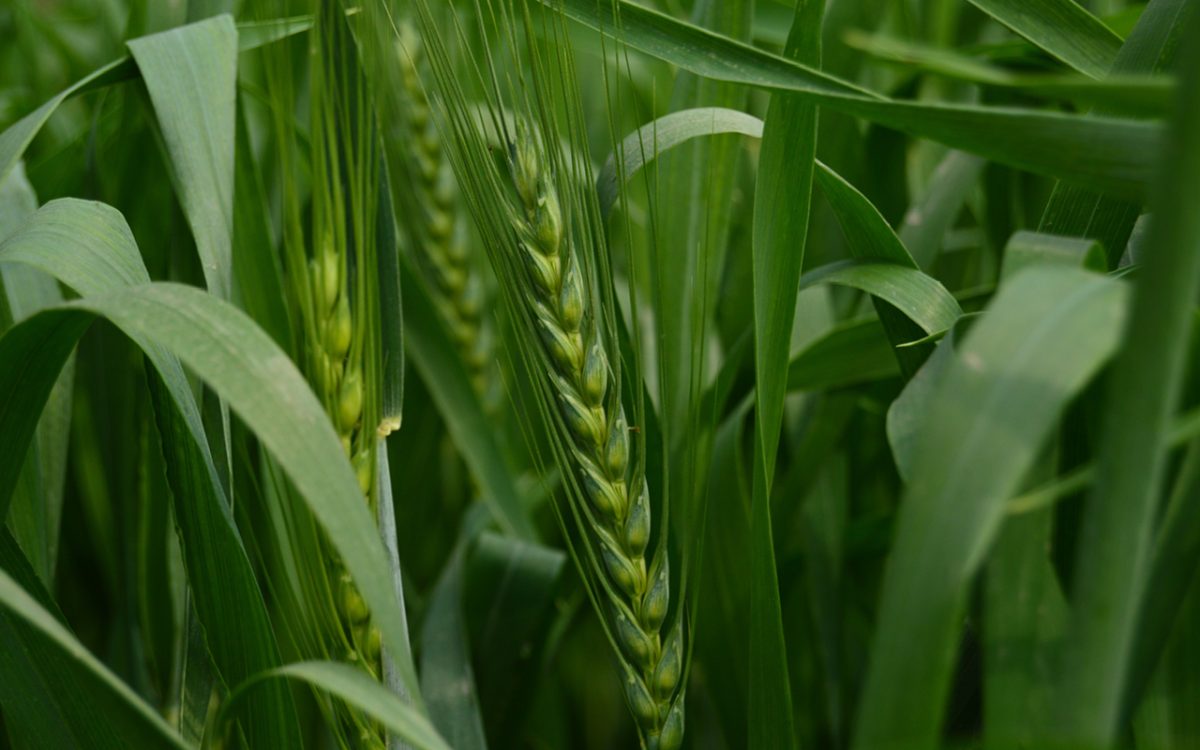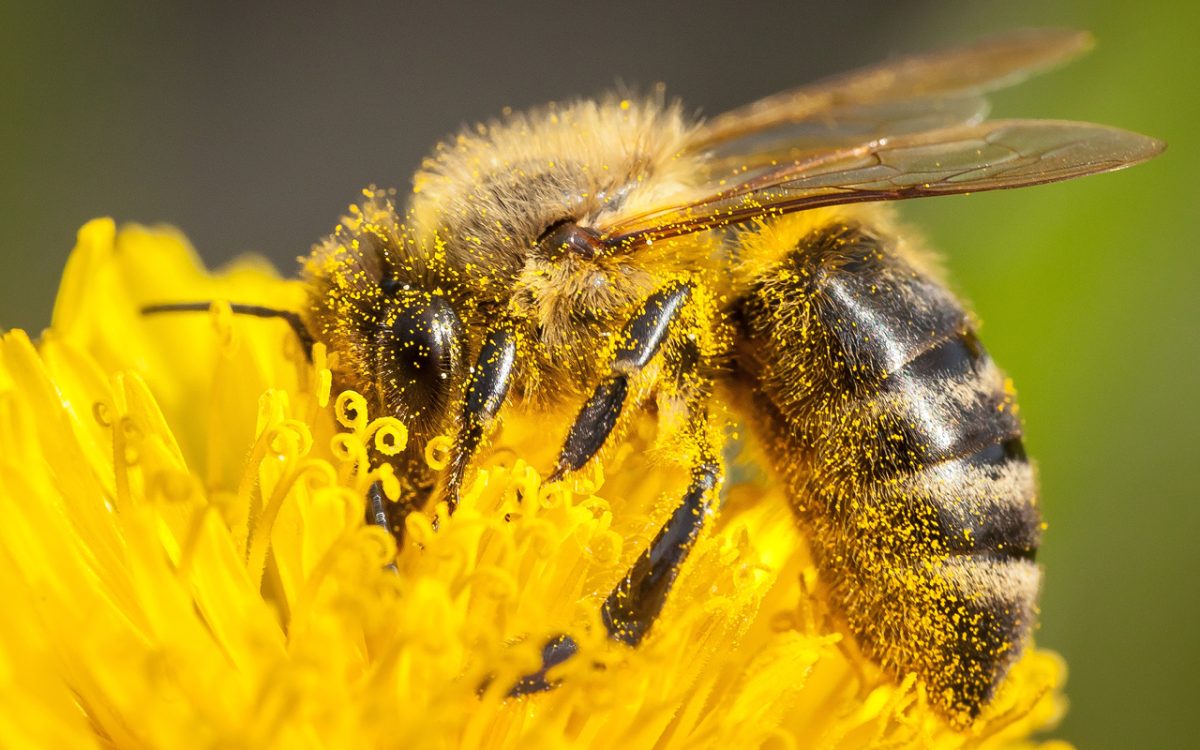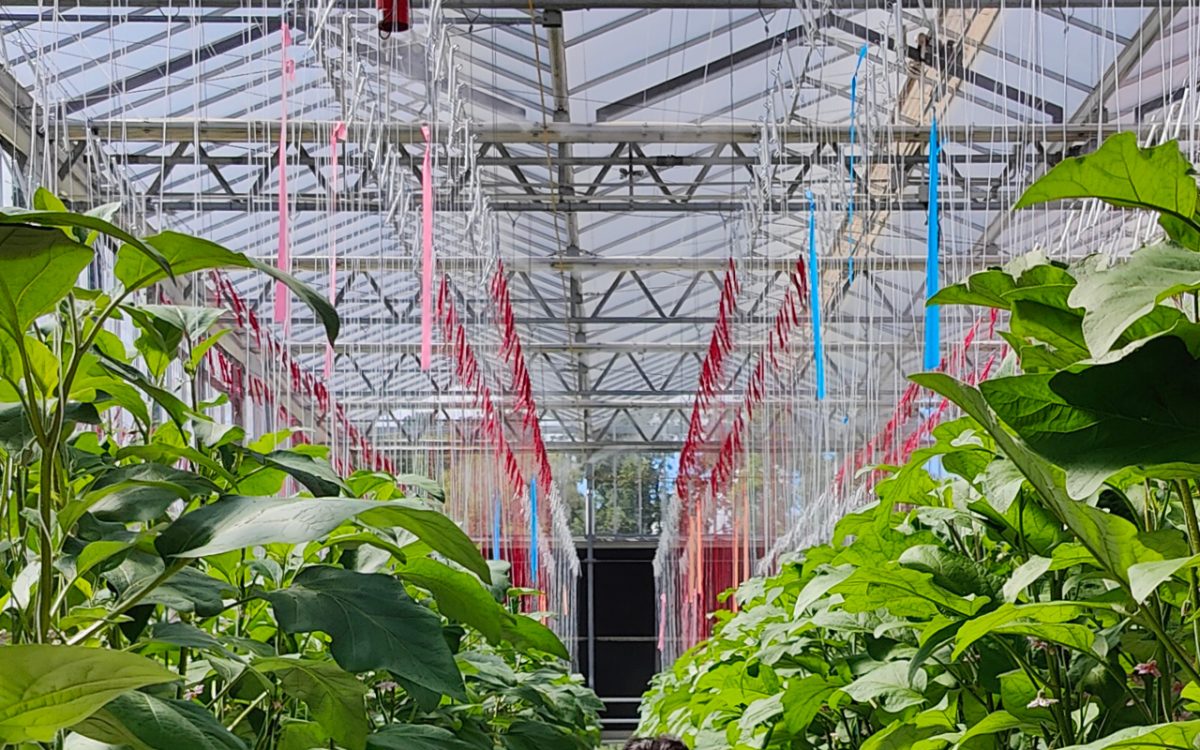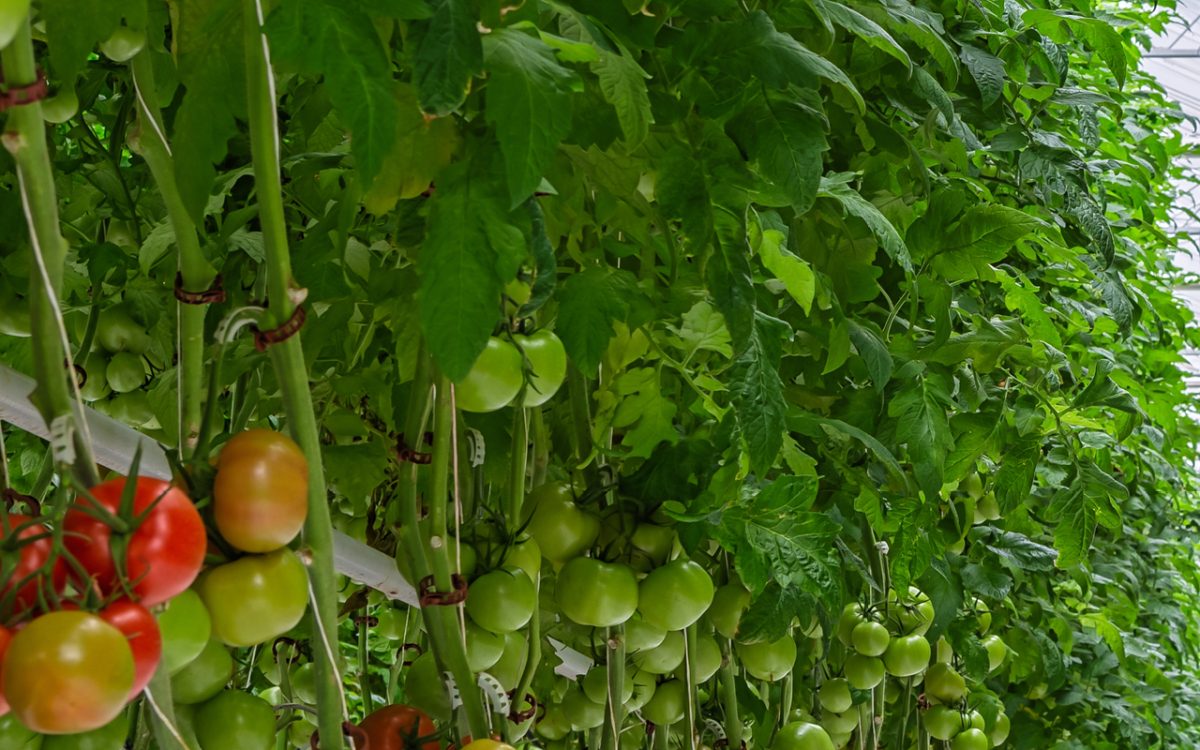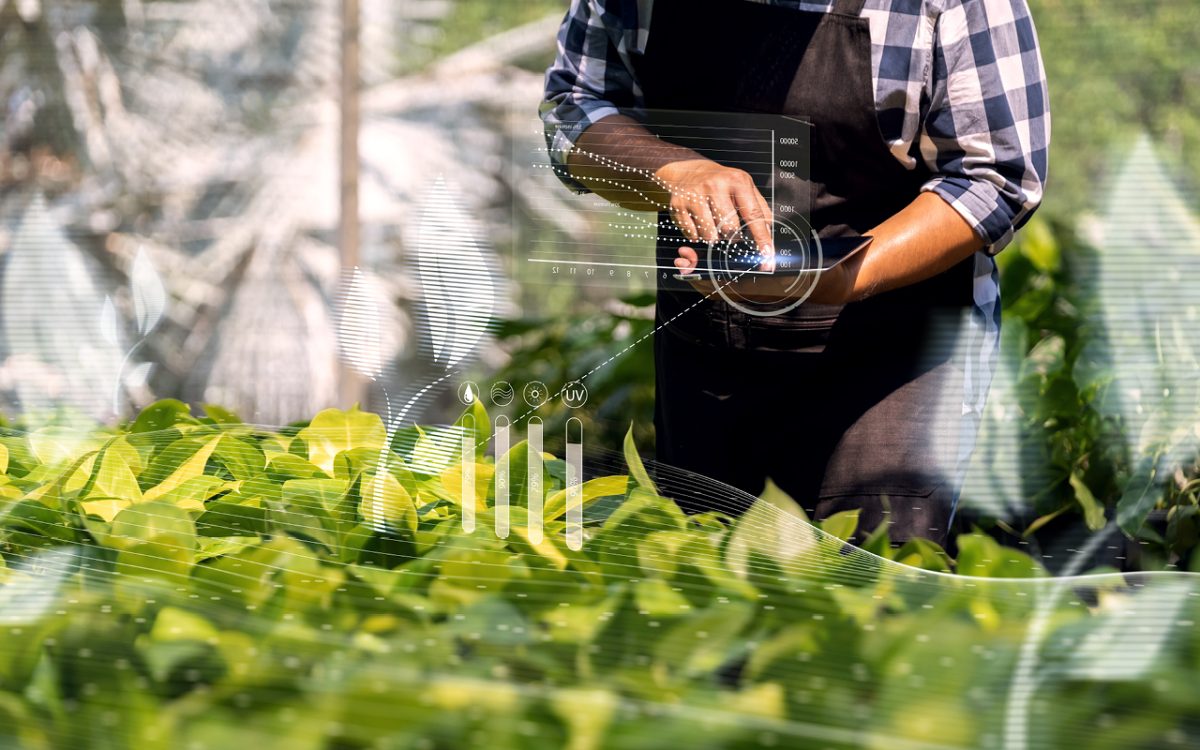Research Projects
This research will screen diverse wheat varieties to identify tolerant germplasms with superior wheat lipids. This will guide breeders on the right germplasm for their breeding programs with significant end-use quality for the food industry and increase scientific knowledge of heat-tolerant germplasm.
P2-045
This PhD project investigates how rice genotypes vary in their capacity to acclimate photosynthetic and respiratory functions under heat stress, and whether these responses are modified by the availability of N and P. The study combines controlled environment trials at the University of New England (UNE) Australia, field experimentation at the Alliance of Bioversity International and the International Center for Tropical Agriculture (CIAT) Columbia, and simulation modelling using ORYZA software at the International Rice Research Institute (IRRI) Philippines. This integrative approach enables both empirical and predictive assessments of heat stress responses across a range of nutrient regimes.
P2-044
This project integrates high-throughput phenotyping, machine learning, and molecular biology to develop a non-invasive method for predicting Tcrit and investigating the regulatory mechanisms underlying its acclimation. The goal is to identify genotypic variation and physiological traits linked to PSII resilience and to enable rapid, scalable selection of heat-tolerant genotypes across both horticultural and broad-acre crops.
P2-043
This project is developing a CRISPR-Cas12a-based molecular diagnostic tool, integrated with a lateral flow assay (LFA) for visual detection. Designed for field deployment, the system allows rapid, sensitive identification of Diaporthe citri infections directly in orchard conditions. With results available in approximately 60 minutes, this approach enables real-time disease surveillance and early intervention.
P2-042
This project investigates the connections between leaf structure, sugar and starch dynamics, and grain carbohydrate profiles in wheat under heat stress. Through a combination of field and laboratory experiments and advanced metabolomics techniques using LC-MS, the study will identify and quantify the key primary and secondary carbohydrate metabolites that influence grain quality. The focus is on understanding the source-sink interactions between leaves and grains to reveal how structural and metabolic traits contribute to heat tolerance.
P2-041
P2-030
In ProgressPollination of novel and emerging food crops grown under protected cropping conditions
This research project investigates the potential of select insect species to serve as effective pollinators for a range of innovative crops. By assessing the pollination efficiency and compatibility of alternative insects, the study aims to identify species that can complement or enhance existing pollination systems tailored to specific crop needs and production conditions.
P2-030
This project explores how modifying light spectra with LAFs impacts carotenoid-mediated photoprotection, particularly through NPQ, which safely dissipates excess light energy as heat. By investigating changes in carotenoid profiles and NPQ activity under altered light conditions, the research aims to determine how different spectral compositions affect photosynthetic efficiency and stress tolerance. The study will assess variety-specific responses to LAFs, focusing on their influence on yield, photoreceptor activity, and xanthophyll cycle dynamics.
P2-040
This project will investigate how mechanical stress (such as touch or wind) influences the plant’s internal defence systems, specifically focusing on apocarotenoid bioactive signals derived from carotenoids. It hypothesises that mechanical stimulation induces the accumulation of these compounds, which in turn modulate resistance to insect herbivory. The research will explore the biochemical and physiological pathways involved in this response.
P2-039
This project investigates the link between stomatal traits, grain yield, and quality to determine how source-sink relationships contribute to heat tolerance in wheat. Through field and laboratory research, it is identifying heat-tolerant genotypes with superior stomatal function and grain quality. The research aims to generate insights into the physiological mechanisms underlying heat resilience and deliver new selection tools and germplasm for wheat breeders.
P2-037
This project aims to develop novel high-throughput tools to characterise heat tolerance traits in these overlooked plant parts. By enabling detailed and efficient analysis of flowers, green fruits, spikes, and roots, the research will help uncover new physiological mechanisms that contribute to crop survival and productivity under heat stress.
P2-035
Berries are highly pollinator-dependent crops, and while managed pollinators such as honey bees, are effective pollinators, the establishment of the Varroa mite has resulted in fewer honey bee colonies in the region and hence growers have reduced access to pollination services. Wild pollinators are also known to visit berry flowers and established research has now demonstrated their efficiency is often equivalent to the honey bee.



